COURSE OVERVIEW
FE0320 : Metallurgy, Corrosion and Prevention of Failures: Material Selection and Properties
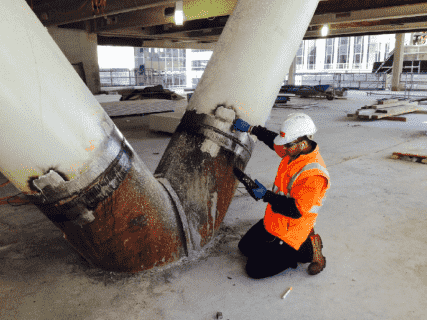
OVERVIEW
| COURSE TITLE | : | FE0320 : Metallurgy, Corrosion and Prevention of Failures: Material Selection and Properties |
| COURSE DATE | : | May 13 - May 16 2024 |
| DURATION | : | 4 Days |
| INSTRUCTOR | : | Mr. George Poulos |
| VENUE | : | Abu Dhabi, UAE |
| COURSE FEE | : | $ 4500 |
| Request For Course Outline | ||
OTHER SCHEDULED DATES
| Date | : | Aug 12 - Aug 15 (4 Days) | Location | : | Doha, Qatar | Classroom Fee (US$) | : | $ 5000 | Course Info |
| Date | : | Nov 11 - Nov 14 (4 Days) | Location | : | Dubai, UAE | Classroom Fee (US$) | : | $ 4500 | Course Info |
Course Description
This practical and highly-interactive course includes various practical sessions and. Theory learned will be applied using our state-of-the-art simulators. Metallurgy: this section of the course discusses metals and the metallurgical characteristics of various metals. It provides an explanation of physical characteristics of metals, including the reason metals behave differently than non-metals. This section of the course also explains how and why different metals are selected for specific environmental purposes, including resistance to wear, corrosion, heat, cold, repeated stress, and impact. This is a lecture and problem-solving section that also deals with the metallurgical aspects of welding. Emphasis will be placed on mechanical metallurgy, materials selection, and the fundamentals of welding technology, welding metallurgy, inspection and quality of welds. Corrosion: this section of the course focuses on the fundamentals of corrosion as well as the potential problems caused by corrosion. It provides a review of the causes of corrosion and the methods for identification, monitoring and control. An understanding of corrosion and its control is vital for any company hoping to avoid the high costs that can be directly or indirectly attributed to corrosion. This section of the course also presents fundamental principles of corrosion and assists participants in recognizing corrosion problems, determining their causes, and understanding and selecting control methods. Emphasis is on the practical applications of corrosion technology to solve industrial corrosion problems. link to course overview PDF
TRAINING METHODOLOGY
This interactive training course includes the following training methodologies as a percentage of the total tuition hours
LecturesWorkshops & Work Presentations
Case Studies & Practical Exercises
Videos, Software & Simulators
In an unlikely event, the course instructor may modify the above training methodology before or during the course for technical reasons.
VIRTUAL TRAINING (IF APPLICABLE)
If this course is delivered online as a Virtual Training, the following limitations will be applicable
| Certificates | : | Only soft copy certificates will be issued to participants through Haward’s Portal. This includes Wallet Card Certificates if applicable |
| Training Materials | : | Only soft copy Training Materials (PDF format) will be issued to participant through the Virtual Training Platform |
| Training Methodology | : | 80% of the program will be theory and 20% will be practical sessions, exercises, case studies, simulators or videos |
| Training Program | : | The training will be for 4 hours per day starting at 09:30 and ending at 13:30 |
| H-STK Smart Training Kit | : | Not Applicable |
| Hands-on Practical Workshops | : | Not Applicable |
| Site Visit | : | Not Applicable |
| Simulators | : | Only software simulators will be used in the virtual courses. Hardware simulators are not applicable and will not be used in Virtual Training |
RELATED COURSES
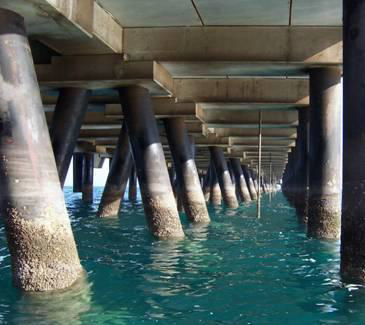
FE0270 : Cathodic Protection Systems: Design, Installation, Testing and Repair
- Date : Dec 15 -Dec 19 / 3 Days
- Location : Dubai, UAE
- Course Details Register
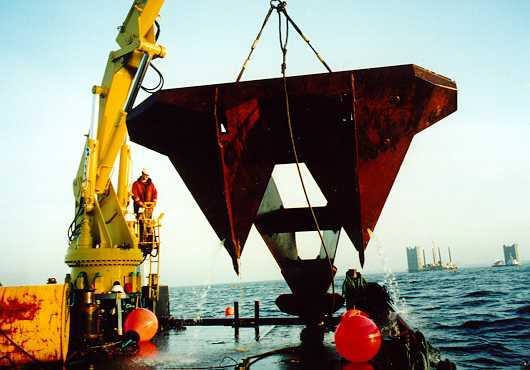
FE0190 : Pipeline Inspection, Testing & Integrity Assessment: Defect Assessment in Pipelines (Practical Aspects)
- Date : Dec 16 -Dec 19 / 3 Days
- Location : Doha, Qatar
- Course Details Register
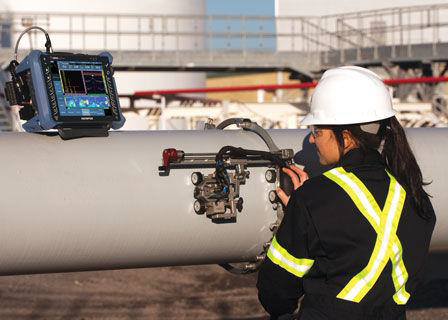
FE0080 : Piping Vibration Analysis & Practical Engineering Solutions
- Date : Dec 16 -Dec 19 / 3 Days
- Location : Al Khobar, KSA
- Course Details Register
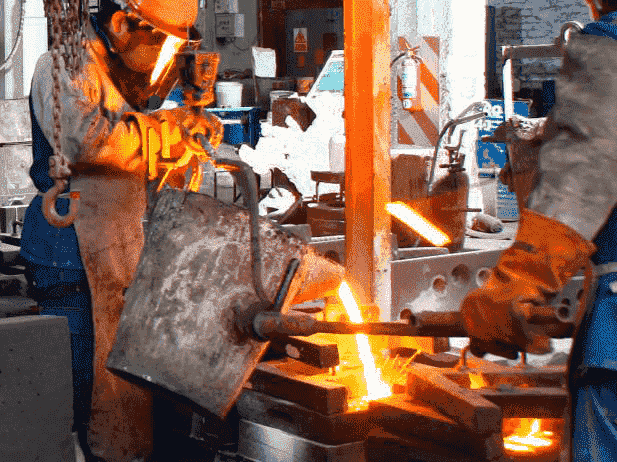
FE0330 : Metallurgy for the Non-Metallurgist
- Date : Nov 11 -Nov 15 / 3 Days
- Location : Dubai, UAE
- Course Details Register
